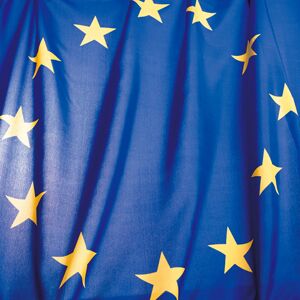
More-Efficient EU Requires More-Efficient Meetings
European leaders gleefully anticipate Germany’s impending six-month presidency of the European Union, to begin January 1. They expect Germany to breathe new life into the EU constitution and eliminate some of the burdensome bureaucracy that retards the Union’s decision-making process.
Concerning the latter, several leaders hope Germany will improve even the efficiency of the meetings themselves, with French President Jacques Chirac advising German Chancellor Angela Merkel to use a “bell” to limit leaders’ speaking time to three minutes at Europe’s seemingly endless summits.
The December 14-15 conference brought boredom to a new high, reports a December 15 EUobserver.com article: “Several EU leaders on Friday complained about the grueling so-called tours de table, which sees every member of the 25- and soon 27-member Union have a say on the final wording of the summit conclusions.”
The bore is that the leaders wax eloquent on items agreed to by everyone, Chirac said: “It is impossible for the council [EU leaders’ meetings] that we speak endlessly while always saying the same.” Polish President Lech Kaczynski concurred: “I don’t recall in my whole life … that the detailed wording of a document was decided by 54 people at the same time. … The whole of today’s meeting was devoted to this, even though we had already talked about the same issues last night.”
Before the Union enlarged from 15 to 25 members, the discussions were tolerable, according to Chirac. The leader of Slovakia, a newer member, echoing Chirac’s frustrations, said, “I believe the new member states will in future open a discussion on how to make these meetings more effective.”
This is no way to run an efficient business, much less an aspiring superconglomerate that is to achieve anything significant globally.
Slovakia’s prime minister suggested that the bigger meetings, with all the EU leaders, discuss the big picture while the “technical work” is left to the minister level.
Will Germany bring the efficiency to Europe that its leaders and people crave? The Trumpet has always watched for a strong leader to come to the fore and streamline Europe into a formidable geopolitical presence. We have also said that, to achieve such an efficient Union, Europe’s decision-making body will eventually be pared down to a body of 10—not 27, or 54.
Europe’s leaders are aching for such efficiency.
